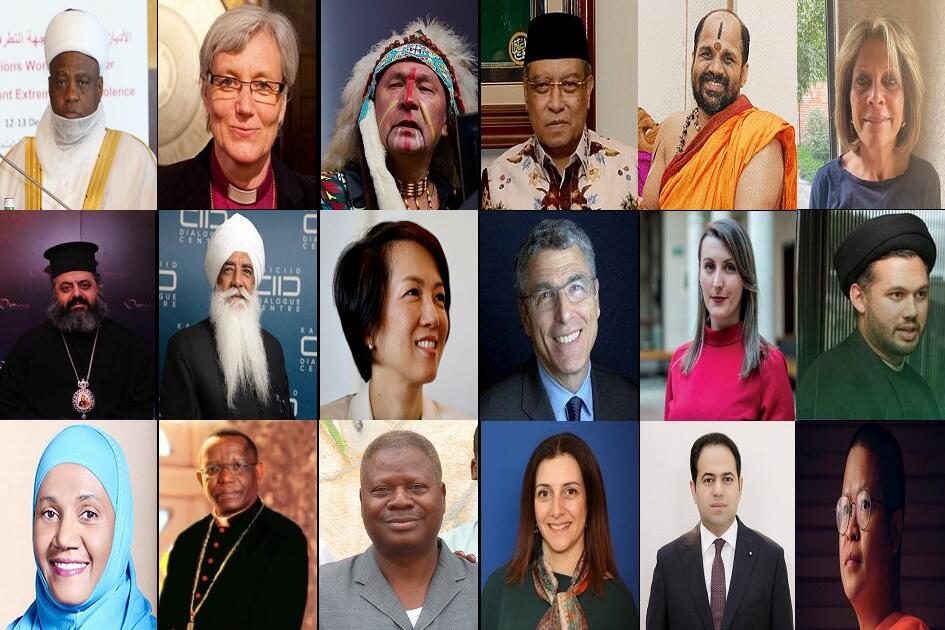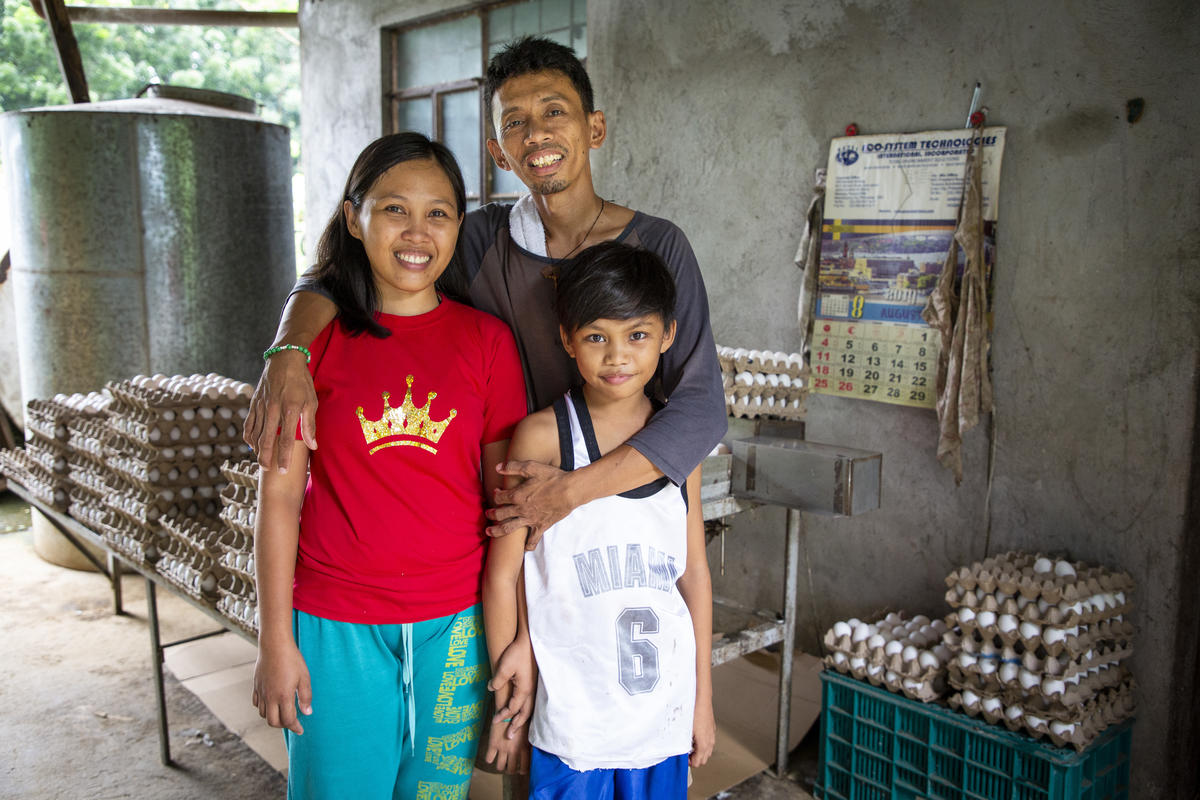West Africa is on track to eradicate statelessness by 2024
West Africa is on track to eradicate statelessness by 2024
Abidjan, Côte d’Ivoire – West Africa is celebrating today the third anniversary of the Abidjan Declaration on the eradication of statelessness, adopted on 25 February 2015 by the Member States of the Economic Community of West African States (ECOWAS). In the Declaration, they asserted their support for the Global #IBelong campaign and pledged to eradicate statelessness by 2024 in West Africa. The Declaration also contains 26 commitments and underlines the vital need for the States to ensure that everyone within the region has access to a nationality.
In West Africa, at least 700,000 people are stateless and many more are believed to be at risk of statelessness, essentially because of gaps in nationality laws and obstacles in administrative procedures to establish proof of nationality. UNHCR, the UN Refugee Agency, works closely with the governments of the ECOWAS region on implementing measures laid down by the Abidjan Declaration, including on how to improve quantitative and qualitative data on stateless populations.
“In the region, some nationality laws still contain discriminatory elements based on gender, ethnicity or race,” says Liz Ahua, UNHCR Regional Representative for West Africa.
UNHCR’s efforts have also focused on advocating for the countries to accede to the international conventions on statelessness and harmonize their national legislations in line with international standards. “With major efforts to enhance civil registration being led by States, UNHCR supports awareness campaigns on the importance of birth registration, to avoid situations where children are without an identity,” says Lucie Gagne, UNHCR Assistant Regional Representative for Protection. “This means we also accompany the strengthening of both human and material capacities for civil registration,” she adds.
As a result, much progress has been made towards eradicating statelessness in the region: Benin, Burkina Faso, the Gambia, Guinea and Mali have officially adopted national action plans to eradicate statelessness. Seven countries in the region have begun legislative reforms relating to nationality. In 2017, Sierra Leone amended its nationality legislation, which now provides for gender equality with regards to the transmission of nationality. Furthermore, 14 countries in the region have officially nominated government focal points on statelessness, a key commitment of the Declaration. In August last year, Burkina Faso acceded to the 1961 Convention on the Reduction of Statelessness, bringing to 12 the number of States Parties to both the 1954 and the 1961 conventions on statelessness in the region.
In Côte d’Ivoire, 8,000 stateless persons received nationality certificates through a special procedure put in place.
In May 2017, West Africa became the first region in the world to develop a binding regional action plan, by which ECOWAS member States committed to effectively reaching the goal of eradicating statelessness. In this context, Member States have also engaged in supporting the adoption of the Africa Union Draft Protocol to the African Charter on Human and Peoples’ Rights on the Specific Aspects of the Right to a Nationality and the Eradication of Statelessness in Africa.
“We have seven years to eradicate statelessness in West Africa,” says Lucie Gagne. “While we are on track to achieve this goal, we still need to keep the pace to ensure everyone in the region has access to a nationality. This means improving the identification of stateless persons and accompanying legal changes to ensure their protection, as well as reducing and preventing statelessness,” she says.
Across the region, artists are rallying together for the #IBelong campaign by lending their voice and music to the struggle for the eradication of statelessness.
About the #IBelong Campaign
On 4 November 2014, UNHCR launched its #IBelong Campaign to End Statelessness. Statelessness is a man-made problem and relatively easy to resolve and prevent. With the necessary political will and public support, millions of people around the world could acquire a nationality and prevent their children from being born stateless. The #IBelong Campaign is supported by a Global Action Plan, which sets out concrete steps for States to help resolve the problem. By acquiring a nationality, millions of stateless people around the world could gain full access to their human rights and enjoy a sense of belonging in their communities.
For more information on this topic, please contact:
In Dakar:
- Romain Desclous, [email protected], +221 786 396 385
- Simplice Kpandji, [email protected], + 221 773 339 883
Follow us on Twitter (@UNHCRWestAfrica) or Facebook (UNHCRWestAfrica)









